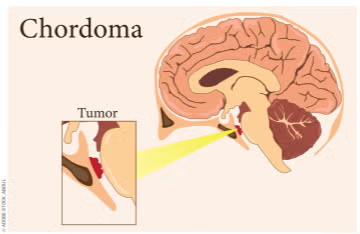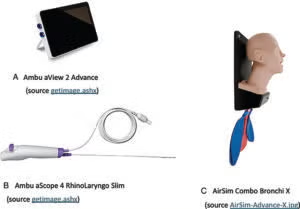Authors present insights from pediatric otolaryngologists worldwide on the use of LMAs in tonsillectomy, focusing on practical guidance for junior residents to improve confidence and patient outcomes.


Authors present insights from pediatric otolaryngologists worldwide on the use of LMAs in tonsillectomy, focusing on practical guidance for junior residents to improve confidence and patient outcomes.

TXA is increasingly used in otolaryngology to reduce intra-operative and post-operative bleeding, supported by evidence from emergency medicine and orthopedic surgery. Its safety profile is strong, and it is administered intravenously or orally, with emerging use in pediatric and adult otolaryngologic procedures.

Can peer reviewers and editors reliably detect AI-generated manuscripts in scientific publishing?



Otolaryngologists discuss significant changes in their practices, highlighting advancements in technology, challenges with insurance, and evolving patient communication methods.

Patient advocacy organizations like the Chordoma Foundation and SMARCB1 Hope play a crucial role in supporting patients with rare sinonasal and skull base tumors by providing resources, fostering research, and building community connections. Their efforts highlight the importance of collaboration between patients, clinicians, and researchers to improve outcomes and care.


Artificial intelligence (AI) is poised to significantly enhance healthcare by improving patient care and transforming the work experience for providers, particularly in otolaryngology. AI can reduce administrative burdens, allowing clinicians to focus more on patient interaction and thoughtful care.